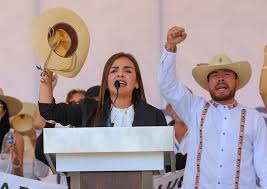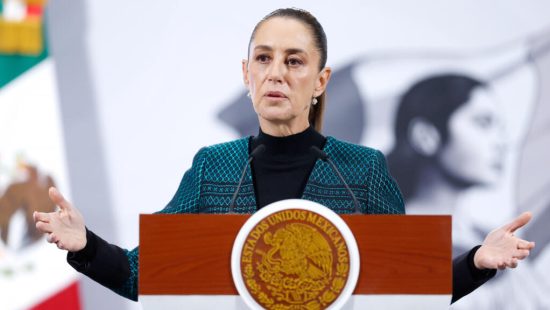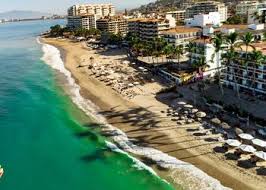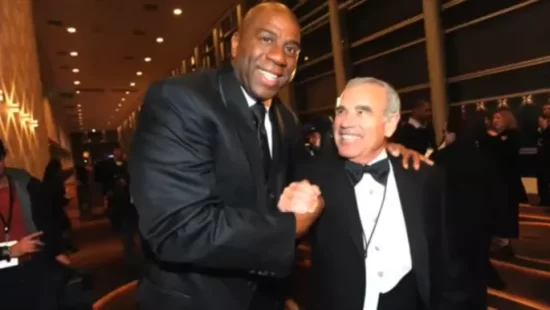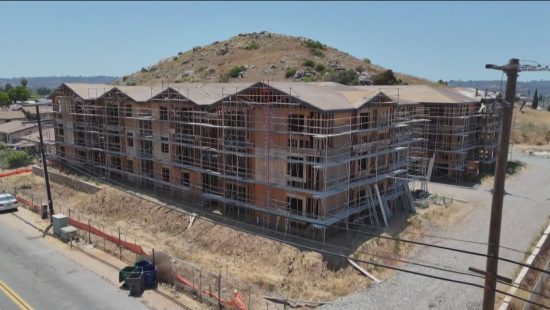This week, the US Department of Justice announced that it has withdrawn its request for the death penalty for three of Mexico’s most powerful drug lords: Ismael “El Mayo” Zambada, Rafael Caro Quintero, and Vicente Carrillo Fuentes, known as “El Viceroy.”
The decision, announced by U.S. Attorney Joseph Nocella Jr. before the Eastern District Court of New York, represents a significant shift in the handling of high-profile cases involving Mexican drug lords. Despite accusations of drug trafficking, organized crime, and homicide, US authorities chose not to seek the maximum sentence, particularly surprising in the case of Caro Quintero, accused of murdering DEA agent Enrique “Kiki” Camarena.
But the exception would not extend to all Mexican criminal leaders. In a parallel process and under much more severe conditions, brothers Miguel Ángel and Omar Treviño Morales, “El Z-40” and “El Z-42,” former leaders of the Los Zetas cartel, face a judicial situation in the United States where the possibility of the death penalty remains looming.
Unlike other historical kingpins, the Treviño Morales brothers find themselves isolated, with a voluminous case against them and without any protection resulting from extradition agreements.

